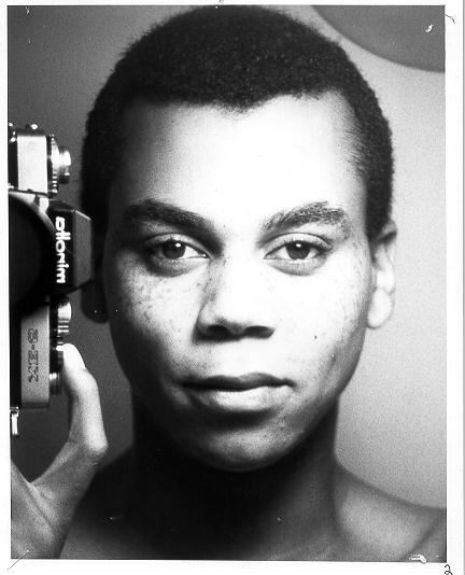
Despite my ardent endorsement of RuPaul as “America’s sweetheart,” she’s been catching a lot of criticism lately, and not from a bloodthirsty religious right (who apparently know how to better pick their culture wars these days). A feature on her hit show, RuPaul’s Drag Race, called “Female or She-male,” has been cut from the air after many trans advocates found it offensive. In the segment, contestants were shown pictures of body parts and asked to guess what gender or sex of person possessed said body part. Anatomical “guessing games” have certainly historically demeaned queer people, and a lot of of folks were understandably upset, finding the game “othering.” Many trans advocates have have also argued against Ru’s use of the word “tranny,” as they maintain it’s a slur used to describe trans women and not gay men who do drag.
For the record, I’m not speculating on anybody’s body parts (which is vulgar and cruel, when done without invitation), nor am I ever calling anybody “tranny,” but I do think time will show that RuPaul is on the right side of history. On the first count, the body parts used for “Female or She-Male” were done with volunteer participants—it was not some zoological expedition intending to “expose” the “unreal” women.
On the second count, “transgender” (as opposed to “transsexual” or “transvestite”) wasn’t even a concept until the term was coined in 1979 by early trans celebrity Christine Jorgensen (interestingly, many gay men accused her of homophobia, arguing she implied that gay men were women trapped in men’s bodies). Additionally, at least until 1992, “transgender” included “transsexuals, transgenderists, and cross dressers” according to International Conference on Transgender Law and Employment Policy.
Terminology changes rapidly to accommodate developing ideas in gender theory. To expect everyone to retrofit their own identities to the latest language—language which may or may not even stick around for very long—ignores the context and history of our foremothers (or forefathers, or forebearers, or whatever).
From a purely technical standpoint, to say that “tranny” is a slur only used to describe a single type of gender nonconformity gives the bigots who use it epithetically way too much credit—they’re not differentiating between sex and gender. I’m sure RuPaul has been called “tranny” in her life (and though identities as a man, doesn’t really care too much about pronouns or identity in general). I think it’s pretty inconsistent that she now be barred from using the word, especially since Ru is so supportive of any and all gender expression.
Regardless, I find the latest social justice culture’s obsession with “pure” language to be a bit wrong-headed, not to mention politically impotent, so I thought I’d like to post a reminder of what it is that makes RuPaul so groundbreaking. Here we see a 1986 clip from the brilliant Atlanta cable access program, American Music Show, one of the longest running public access shows, ever, and a veritable treasure trove of weirdo outsider performance. Ru is seen here performing “Sex Freak,” from his very first 12 inch EP release of the same name. It’s a spoken-word techno song, and he romances the camera with an amazing resourcefulness—no band, no budget, yet all that charisma and confidence still shines through!